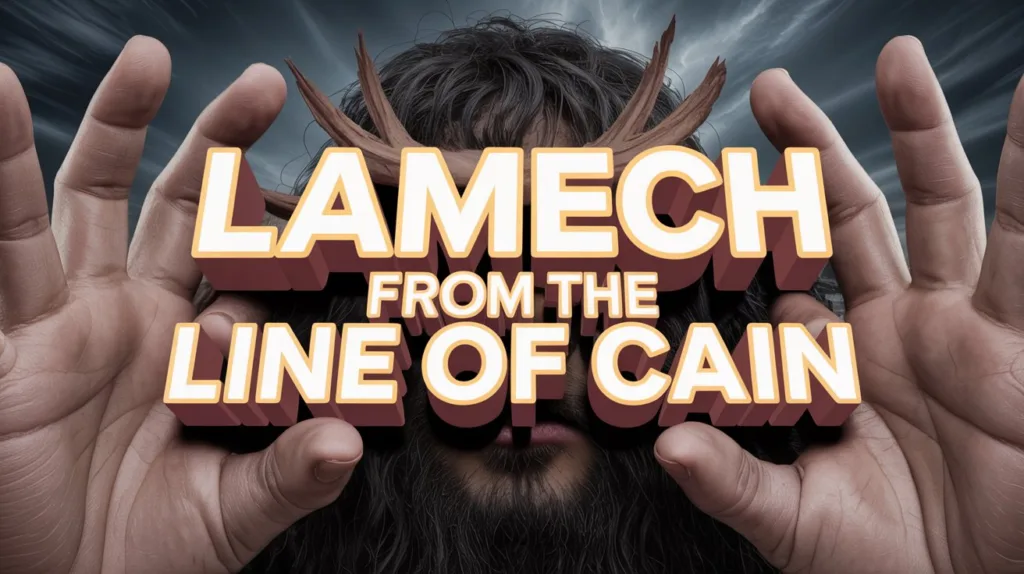Ahab was the seventh king of the northern kingdom of Israel and is remembered as one of the most wicked rulers in Israel’s history. His reign is documented in 1 Kings 16–22. He ruled for 22 years and led the nation into deep idolatry and apostasy.
1 Kings 16:30 gives this grim summary:
“Now Ahab the son of Omri did evil in the sight of the Lord, more than all who were before him.”
Ahab’s most infamous act was marrying Jezebel, a Sidonian princess and devoted worshiper of Baal. Under her influence, Ahab built a temple for Baal in Samaria, set up an altar, and promoted idolatry on a national scale. 1 Kings 16:33 notes:
“Ahab did more to provoke the Lord God of Israel to anger than all the kings of Israel who were before him.”
God raised up the prophet Elijah to confront Ahab. One of their most significant encounters occurred on Mount Carmel, where Elijah challenged the prophets of Baal. God answered Elijah’s prayer with fire from heaven, proving that He alone is God (1 Kings 18). Despite this display of power, Ahab continued in rebellion.
Ahab also committed grave injustice by orchestrating the death of Naboth in order to seize his vineyard (1 Kings 21). For this, God pronounced judgment on Ahab and his household through Elijah:
“In the place where dogs licked the blood of Naboth, dogs shall lick your blood, even yours.” (1 Kings 21:19)
Although Ahab humbled himself temporarily, God delayed the full judgment until after his death. Eventually, Ahab died in battle, struck by a random arrow, and the prophecy was fulfilled when dogs licked his blood in Samaria (1 Kings 22:38).
Ahab’s legacy is one of compromise, idolatry, and defiance of God’s word. He serves as a warning of the spiritual destruction that follows when leaders promote sin and reject the truth.





 Get the book that teaches you how to evangelize and disarm doctrines from every single major cult group today.
Get the book that teaches you how to evangelize and disarm doctrines from every single major cult group today.